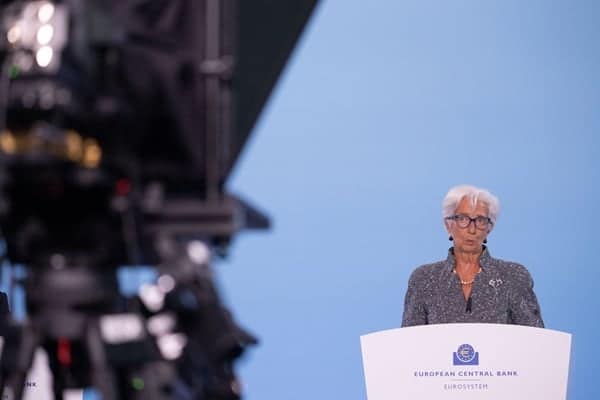The euro was broadly steady on Monday as investors digested political and credit risk headlines from the euro area.
Sentiment was overshadowed by the latest downgrade of France’s sovereign rating, a move that reinforced concerns about fiscal discipline and political fragmentation in the bloc’s second-largest economy.
The decision triggered a rise in French government bond yields across the curve, with the 10-year OAT climbing to 3.39% as investors demanded a higher risk premium.
Meanwhile, mixed messaging from ECB officials has added to the uncertainty.
Policymakers such as Austria’s Kocher have stressed flexibility, highlighting equal odds for a hike or cut depending on incoming data, while others, including France’s Villeroy and Chief Economist Philip Lane, see the balance of risks tilting toward eventual easing rather than further tightening.
Looking ahead, investors will closely follow Tuesday’s speech by ECB President Christine Lagarde, especially after her recent warnings that global tariffs could still filter through to consumer prices. This week’s preliminary consumer confidence and PMI releases will be key in shaping the euro’s near-term trajectory, particularly as markets assess whether the bloc can maintain resilience amid geopolitical and political risks.

